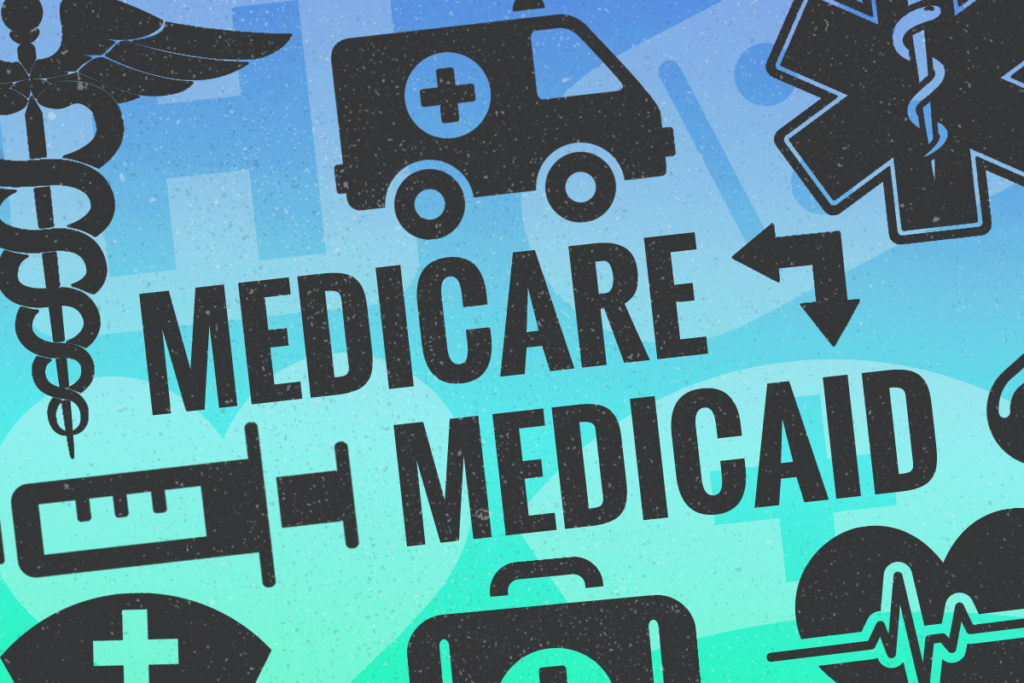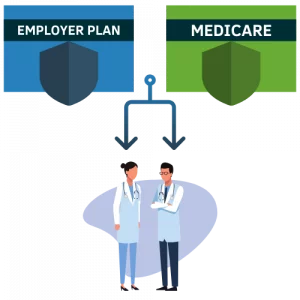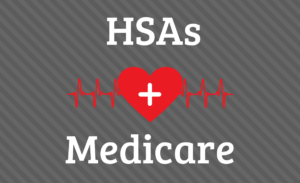Medicare vs Medicaid – Whats the difference?

Medicare vs Medicaid: Key Differences in Coverage and Eligibility
At Plan Medicare, we understand the complexities of healthcare coverage options and strive to provide valuable information to help you make informed decisions. In this article, we will delve into the differences between Medicare and Medicaid, two government-run programs that provide healthcare coverage to eligible individuals.
What is Medicare?
Medicare is a federal health insurance program that primarily covers individuals who are 65 years of age or older, as well as those with certain disabilities and those with end-stage renal disease. The program is divided into several parts: Part A (hospital insurance), Part B (medical insurance), Part C (Medicare Advantage), and Part D (prescription drug coverage).
What is Medicaid?
Medicaid, on the other hand, is a joint federal and state program that provides healthcare coverage to eligible individuals with low income and limited resources. The program covers a range of healthcare services, including doctor visits, hospital stays, and long-term care.
Key Differences in Eligibility
One of the biggest differences between Medicare and Medicaid is their eligibility criteria. While Medicare is generally available to those who have worked and paid Social Security taxes for at least 10 years, Medicaid eligibility is based on income and asset limitations. Individuals who meet both the income and asset requirements may be eligible for both programs.
Coverage Differences
While there is some overlap in coverage between Medicare and Medicaid, there are also key differences. For example, Medicare Part A covers hospital stays, but Medicaid covers long-term care in a nursing home or at home. Medicaid also covers additional services such as dental care, vision care, and transportation to medical appointments, which are not covered by Medicare.
Costs
Another important difference between the two programs is the cost to the individual. While Medicare has premiums and deductibles, most people do not pay a premium for Medicare Part A, and the premiums for Part B are income-based. Medicaid, on the other hand, generally does not have premiums or deductibles for eligible individuals.
In summary, Medicare and Medicaid are two government-run healthcare programs that serve different populations and have different eligibility criteria, coverage options, and costs. It is important to understand the differences between the two programs to make informed decisions about healthcare coverage options. Working with a local New York Medicare advisor is a great way to understand the differences. Reach out to Plan Medicare to schedule time today.






